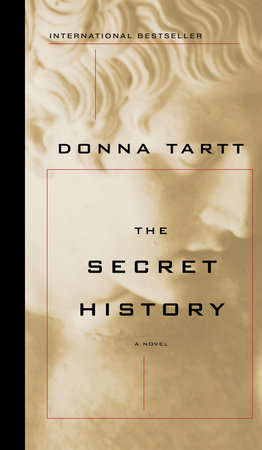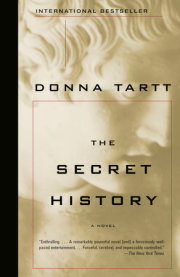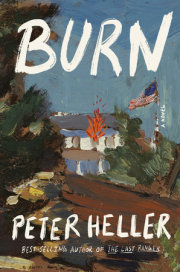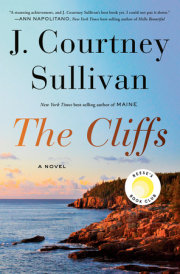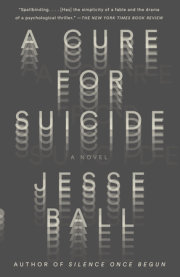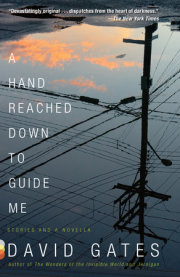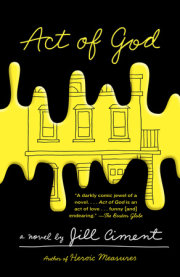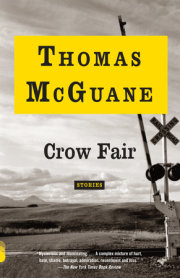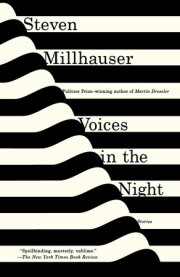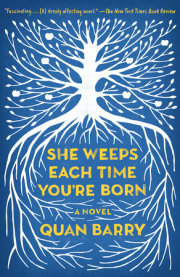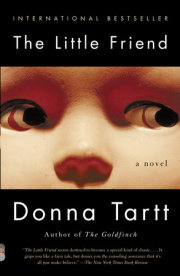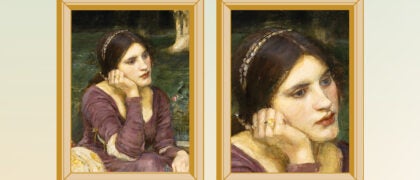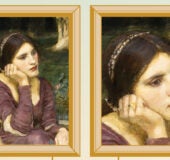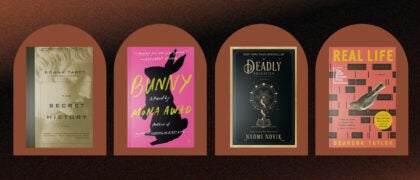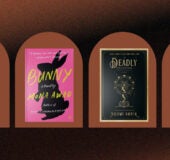PROLOGUE
THE SNOW in the mountains was melting and Bunny had been dead for several weeks before we came to understand the gravity of our situation. He’d been dead for ten days before they found him, you know. It was one of the biggest manhunts in Vermont history—state troopers, the FBI, even an army helicopter; the college closed, the dye factory in Hampden shut down, people coming from New Hampshire, upstate New York, as far away as Boston.
It is difficult to believe that Henry’s modest plan could have worked so well despite these unforeseen events. We hadn’t intended to hide the body where it couldn’t be found. In fact, we hadn’t hidden it at all but had simply left it where it fell in hopes that some luckless passer-by would stumble over it before anyone even noticed he was missing. This was a tale that told itself simply and well: the loose rocks, the body at the bottom of the ravine with a clean break in the neck, and the muddy skidmarks of dug-in heels pointing the way down; a hiking accident, no more, no less, and it might have been left at that, at quiet tears and a small funeral, had it not been for the snow that fell that night; it covered him without a trace, and ten days later, when the thaw finally came, the state troopers and the FBI and the searchers from the town all saw that they had been walking back and forth over his body until the snow above it was packed down like ice.
*
It is difficult to believe that such an uproar took place over an act for which I was partially responsible, even more difficult to believe I could have walked through it—the cameras, the uniforms, the black crowds sprinkled over Mount Cataract like ants in a sugar bowl—without incurring a blink of suspicion. But walking through it all was one thing; walking away, unfortunately, has proved to be quite another, and though once I thought I had left that ravine forever on an April afternoon long ago, now I am not so sure. Now the searchers have departed, and life has grown quiet around me, I have come to realize that while for years I might have imagined myself to be somewhere else, in reality I have been there all the time: up at the top by the muddy wheel-ruts in the new grass, where the sky is dark over the shivering apple blossoms and the first chill of the snow that will fall that night is already in the air.
What are you doing up here? said Bunny, surprised, when he found the four of us waiting for him.
Why, looking for new ferns, said Henry.
And after we stood whispering in the underbrush—one last look at the body and a last look round, no dropped keys, lost glasses, everybody got everything?—and then started single file through the woods, I took one glance back through the saplings that leapt to close the path behind me. Though I remember the walk back and the first lonely flakes of snow that came drifting through the pines, remember piling gratefully into the car and starting down the road like a family on vacation, with Henry driving clench-jawed through the potholes and the rest of us leaning over the seats and talking like children, though I remember only too well the long terrible night that lay ahead and the long terrible days and nights that followed, I have only to glance over my shoulder for all those years to drop away and I see it behind me again, the ravine, rising all green and black through the saplings, a picture that will never leave me.
I suppose at one time in my life I might have had any number of stories, but now there is no other. This is the only story I will ever be able to tell.
BOOK I
CHAPTER 1
DOES SUCH a thing as “the fatal flaw,” that showy dark crack running down the middle of a life, exist outside literature? I used to think it didn’t. Now I think it does. And I think that mine is this: a morbid longing for the picturesque at all costs.
A moi. L’histoire d’une de mes folies. My name is Richard Papen. I am twenty-eight years old and I had never seen New England or Hampden College until I was nineteen. I am a Californian by birth and also, I have recently discovered, by nature. The last is something I admit only now, after the fact. Not that it matters.
I grew up in Plano, a small silicon village in the north. No sisters, no brothers. My father ran a gas station and my mother stayed at home until I got older and times got tighter and she went to work, answering phones in the office of one of the big chip factories outside San Jose.
Plano. The word conjures up drive-ins, tract homes, waves of heat rising from the blacktop. My years there created for me an expendable past, disposable as a plastic cup. Which I suppose was a very great gift, in a way. On leaving home I was able to fabricate a new and far more satisfying history, full of striking, simplistic environmental influences; a colorful past, easily accessible to strangers.
The dazzle of this fictive childhood—full of swimming pools and orange groves and dissolute, charming show-biz parents—has all but eclipsed the drab original. In fact, when I think about my real childhood I am unable to recall much about it at all except a sad jumble of objects: the sneakers I wore year-round; coloring books and comics from the supermarket; little of interest, less of beauty. I was quiet, tall for my age, prone to freckles. I didn’t have many friends but whether this was due to choice or circumstance I do not now know. I did well in school, it seems, but not exceptionally well; I liked to read—Tom Swift, the Tolkien books—but also to watch television, which I did plenty of, lying on the carpet of our empty living room in the long dull afternoons after school.
I honestly can’t remember much else about those years except a certain mood that permeated most of them, a melancholy feeling that I associate with watching “The Wonderful World of Disney” on Sunday nights. Sunday was a sad day—early to bed, school the next morning, I was constantly worried my homework was wrong—but as I watched the fireworks go off in the night sky, over the floodlit castles of Disneyland, I was consumed by a more general sense of dread, of imprisonment within the dreary round of school and home: circumstances which, to me at least, presented sound empirical argument for gloom. My father was mean, and our house ugly, and my mother didn’t pay much attention to me; my clothes were cheap and my haircut too short and no one at school seemed to like me that much; and since all this had been true for as long as I could remember, I felt things would doubtless continue in this depressing vein as far as I could foresee. In short: I felt my existence was tainted, in some subtle but essential way.
I suppose it’s not odd, then, that I have trouble reconciling my life to those of my friends, or at least to their lives as I perceive them to be. Charles and Camilla are orphans (how I longed to be an orphan when I was a child!) reared by grandmothers and great-aunts in a house in Virginia: a childhood I like to think about, with horses and rivers and sweet-gum trees. And Francis. His mother, when she had him, was only seventeen—a thin-blooded, capricious girl with red hair and a rich daddy, who ran off with the drummer for Vance Vane and his Musical Swains. She was home in three weeks, and the marriage was annulled in six; and, as Francis is fond of saying, the grandparents brought them up like brother and sister, him and his mother, brought them up in such a magnanimous style that even the gossips were impressed—English nannies and private schools, summers in Switzerland, winters in France. Consider even bluff old Bunny, if you would. Not a childhood of reefer coats and dancing lessons, any more than mine was. But an American childhood. Son of a Clemson football star turned banker. Four brothers, no sisters, in a big noisy house in the suburbs, with sailboats and tennis rackets and golden retrievers; summers on Cape Cod, boarding schools near Boston and tailgate picnics during football season; an upbringing vitally present in Bunny in every respect, from the way he shook your hand to the way he told a joke.
I do not now nor did I ever have anything in common with any of them, nothing except a knowledge of Greek and the year of my life I spent in their company. And if love is a thing held in common, I suppose we had that in common, too, though I realize that might sound odd in light of the story I am about to tell.
How to begin.
Copyright © 2004 by Donna Tartt. All rights reserved. No part of this excerpt may be reproduced or reprinted without permission in writing from the publisher.





